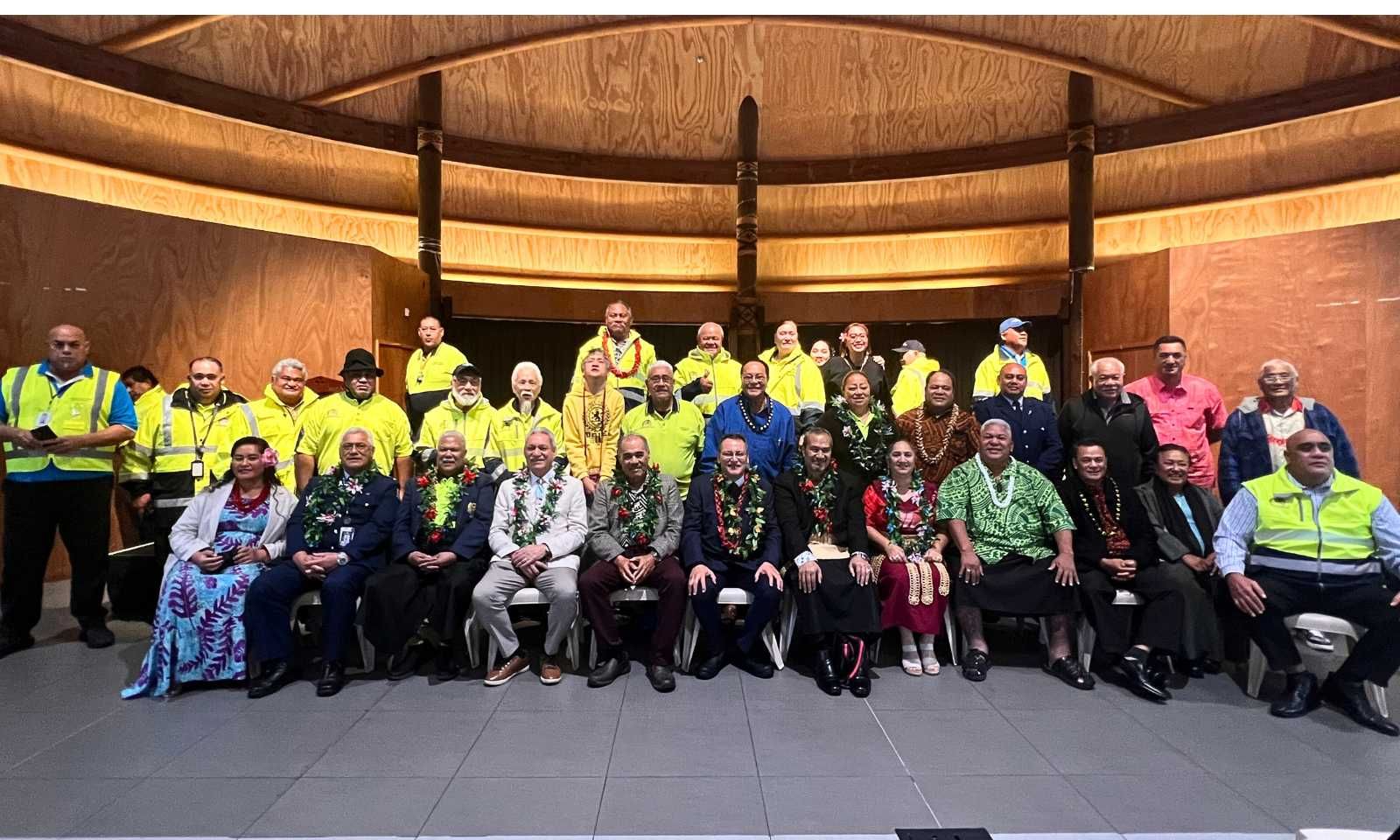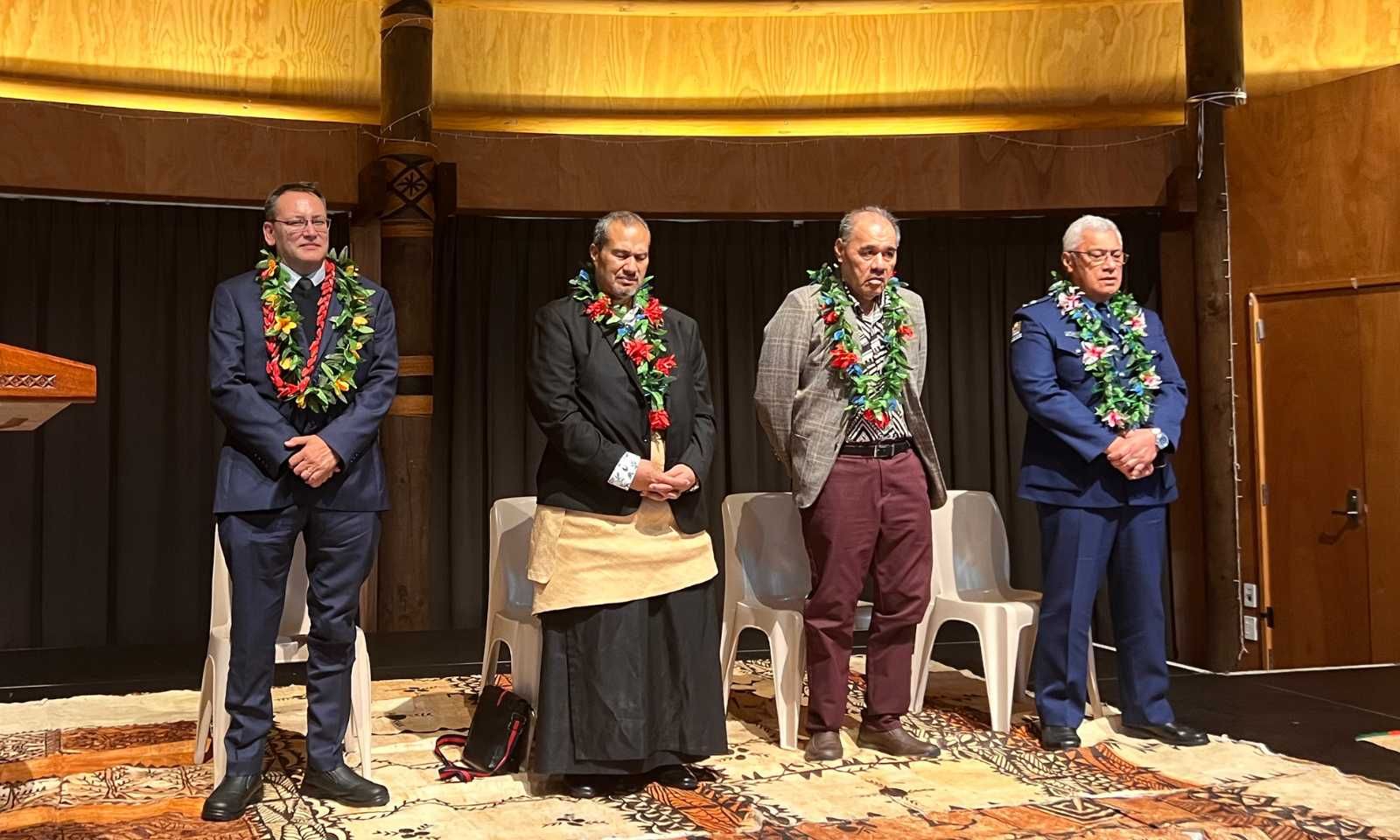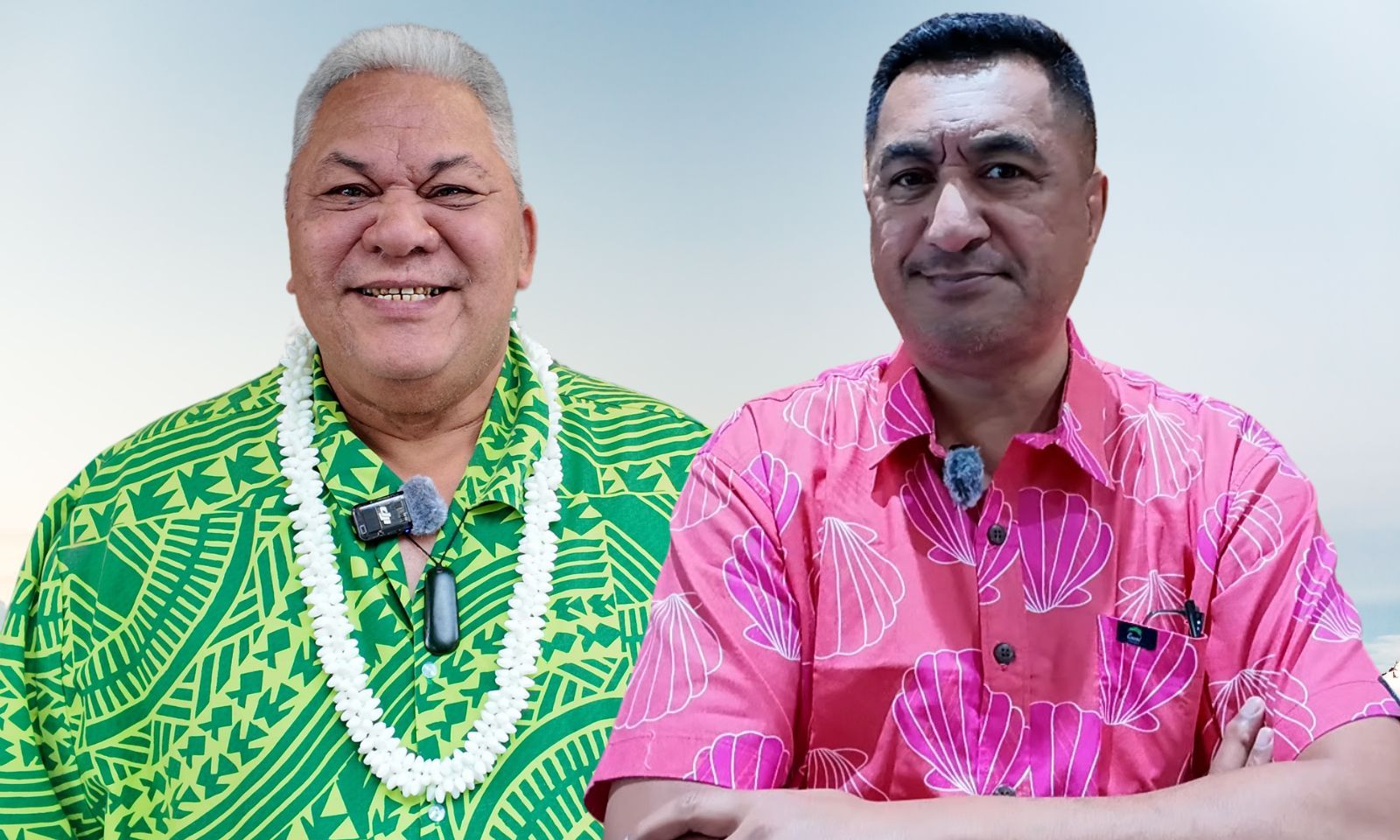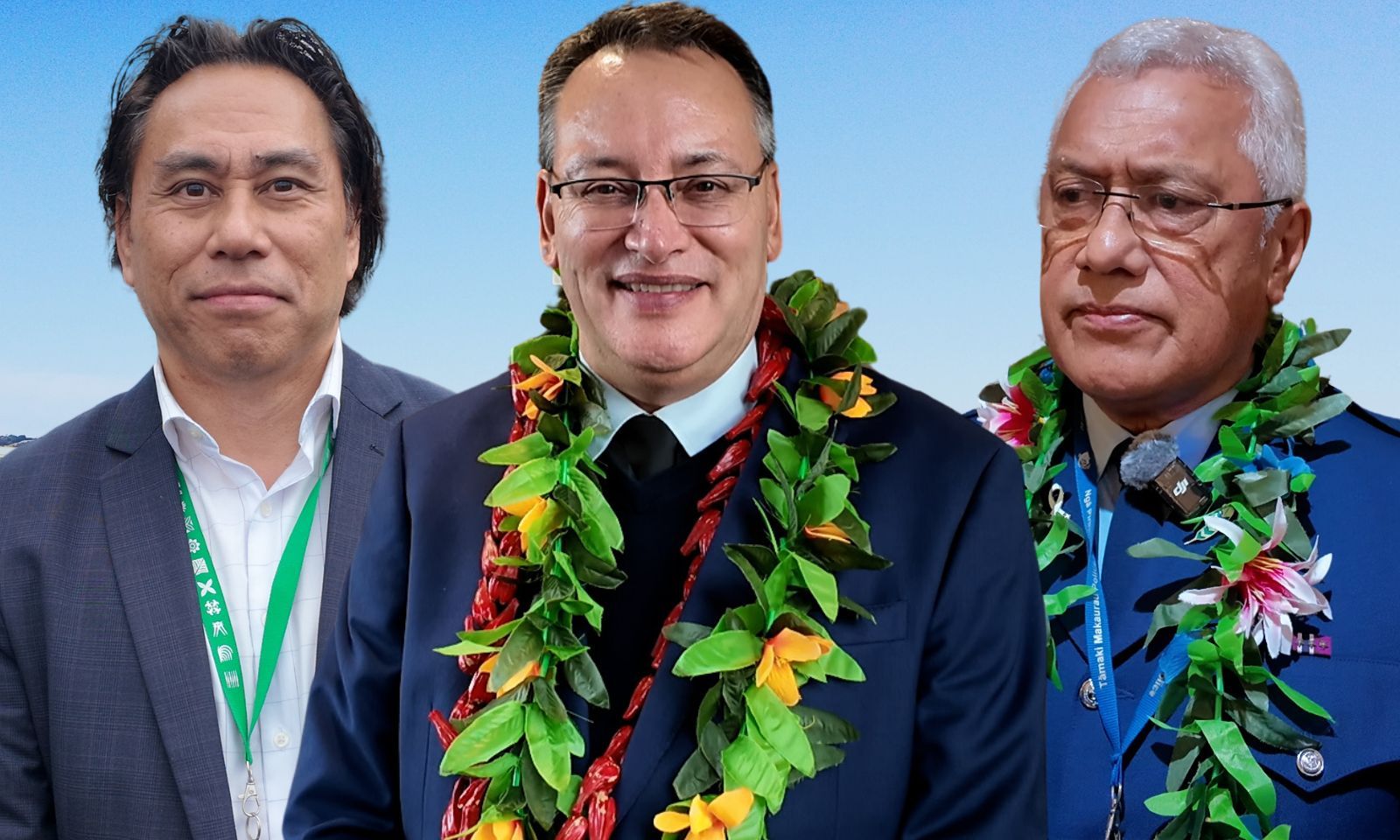

Some of the Pacific Wardens with Superintendent Fata Willi Fanene, centre, celebrating community collaboration.
Photo/PMN News Mary Afemata
Wardens get funding boost but is it enough?
The Government is investing $1 million over four years to equip and coordinate volunteer Pacific Wardens but some leaders have questions.




Expedition into Tuvalu’s deep waters reveal signs of ocean health



Pacific artists unite to celebrate grand reopening of The Met’s Oceania Gallery


Expedition into Tuvalu’s deep waters reveal signs of ocean health

The Government has awarded Auckland’s Pacific Wardens their first major funding boost in over a decade, but community leaders say more may be needed.
Pacific Wardens across Auckland and South Waikato patrol streets, attempt to calm tensions, and provide a visible, approachable presence at major events like Pasifika and Polyfest.
Minister for Pacific Peoples Dr Shane Reti announced $1 million over four years in Budget 2025 to support the work of the Auckland Pacific Wardens Trust.
The investment will go toward uniforms, transport, volunteer training, and the creation of a paid coordinator role, providing long-awaited resourcing for a group that has operated largely unfunded since its inception.
The new funding follows more than a decade of work to unify Pacific Warden groups across Tāmaki Makaurau while respecting their independence. In 2010, community leaders held the first Pacific Wardens Fono, bringing together six original groups. The network has since expanded to ten, with a formal trust established in 2016 and publicly launched in 2019.
“Pacific Wardens are a trusted and vital presence in our communities, helping to keep our streets safer, our young people supported, and our neighbourhoods connected, Reti says.
“Wardens are often the bridge between communities and support services. They speak the language, understand the culture, and are well placed to de-escalate conflict, deter crime, and guide young people towards safer choices.”
Superintendent Fata Willi Fanene welcomed the government’s announcement, describing it as long overdue recognition for a vital volunteer workforce.
The funding will go towards consistent training, upskilling, and equipment, not wages, but to ensure wardens are not left out of pocket. Mental health support and upskilling, like first aid and driver licensing, are also priorities.
“It means we can continue the regular and consistent training... venue hire, catering, transport. We’ll be able to upskill them, things like first aid courses, even driver licensing,” he says.
“It won't diminish the voluntary service that the wardens do. But what it'll mean is that they'll be recognised and rewarded... not being out of pocket in the past for providing a voluntary service.”
Pacific Wardens, who operate independently but in equal partnership with the Police, are culturally grounded community safety volunteers who patrol local events and neighbourhoods.

Community strength on display: Pacific Wardens and leaders with Minister Shane Reti after his announcement. Photo/PMN News Mary Afemata
“Pacific Wardens are totally independent from police. We are equal partners, where we work together for community safety,” he says.
Their role is to supervise and deter, not intervene in crime, and training is key to keeping them safe. “We make sure during their training that they know how to keep themselves safe when they're out patrolling... They should not intervene if they see a crime. Get details, and report to police.”
Fanene says, “Our Pacific people… it’s a calling. It’s normally done through organisations, not individuals,” he said. “It’s not just about their voluntary work, it’s about building their capability as community members.”

From left: Minister Shane Reti, Pacific Wardens Trust Chair Pastor Richard Takapoutolu, Samoa Consul General Afemata Palusalue Faapo Lemalu, and NZ Police Superintendent Fata Willi Fanene.
Councillor Alf Filipaina thanked Minister Shane Reti, calling it “the largest amount of funding that our Pacific wardens have received since they were brought together in 2010.”
He emphasised that $250,000 annually over four years is a “massive start” and will make a real difference, especially for basics like phone cards and petrol.
“People expect volunteering to be free, but those times are gone. This funding helps cover basics like petrol and phone cards - instead of wardens paying out of their own pocket.”
However, some local representatives say that while the announcement is a start, is it enough?
Māngere-Ōtāhuhu Local Board Chair Tauanuʻu Nick Bakulich welcomed the move but questioned how far $250,000 per year would stretch across multiple warden groups.
“It's a welcome investment, recognising that the wardens have been under-invested for some time,” he said. “I think this is a good way of acknowledging the work that they do in the community.”

Manukau Ward Councillor Alf Filipaina and Māngere Ōtāhuhu local board chair Tauanu'u Nick Bakulich both welcome the funding. Photo/PMN News Candice Ama
He says that while it's a million-dollar boost, it's spread over four years, meaning just $250,000 a year must be shared between all the groups.
“It'll be interesting to see how that's going to be fairly distributed amongst the groups.”
While the investment is great, he says, “ it doesn't necessarily mean it goes far enough in terms of the work that the wardens are doing and also attracting other wardens to come on board to do this vital work.”

Lua'ipouomalo Michael Savelio, Regional Portfolio Lead at the Ministry of Pacific Peoples, hosted the event, attended by Minister Shane Reti and Superintendent Fata Willi Fanene. Photo/PMN News Candice Ama
Lua'ipouomalo Michael Savelio is the Regional Portfolio lead for the Ministry of Pacific Peoples, who attends the Pacific Wardens Trust board meetings to give advice.
He says the investment shows Pacific Wardens are “finally being seen and valued” for the longstanding role they’ve played.
LDR is local body journalism co-funded by RNZ and NZ On Air.


